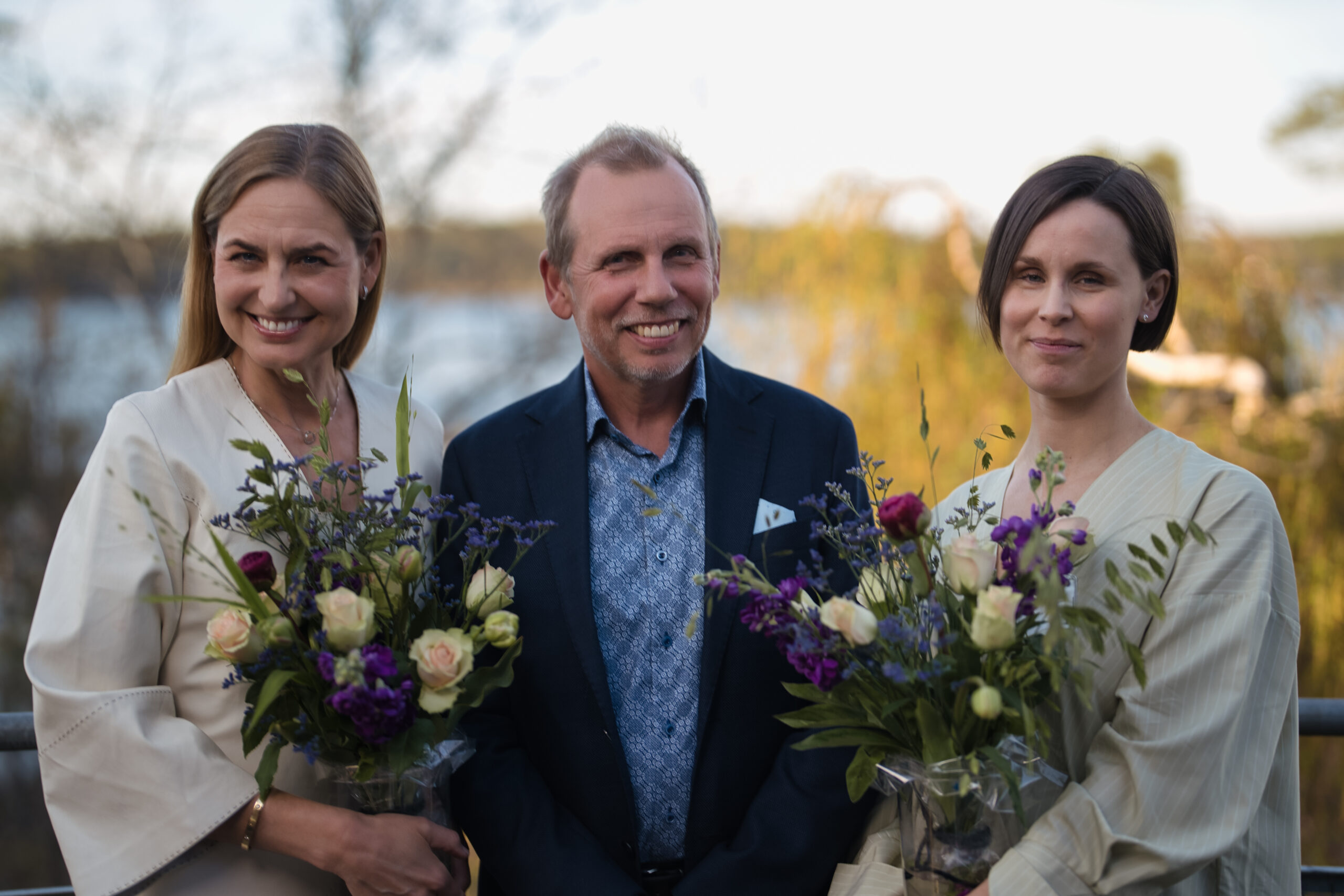Three themes from the Skarpö research conference
AlcoholMikaela Lindeman, editor Published 17 May 2023
PopNAD participated in Systembolaget's annual alcohol research conference 11- 12.5 2023, and presents here three themes and take-home messages from the seminar:
Cancer and alcohol on the agenda
Unless we do something about the current situation, we stand before a tsunami of cancer diagnoses, and that’s why we need to talk about cancer in relation to alcohol. This was one of the main messages communicated at the conference and tackled through several angles. For decades, it has been a well-established fact that tobacco and UV-radiation can cause cancer, but the link between alcohol and an elevated cancer risk is not as well known among the general population.
As the first speaker, Mats Ramstedt from Karolinska Institutet demonstrated that the total consumption model is relevant also from a cancer-perspective. Maria Neufeld and Daša Kokole from WHO Europe ensured that alcohol and cancer remain high on the WHO Europe agenda, as 8 out of the 10 of the thirstiest countries in the world are located in the EU. To reduce harmful consumption of alcohol is also identified as one of the targets of the Europe’s Beating Cancer Plan. Elin Ramfalk from the Swedish Cancer Society and Lena Sharp from Regional Cancer Centres emphasized the importance of communication, when trying to get the message across about alcohol and cancer. We need less lectures and pointers, and more relevant information to help people make informed decisions. Societies also need to play their part and make it easier to make healthy choices.
Older but no wiser?
Senior citizens, and their use of alcohol was another main theme at the conference. Ulf Guttormsson from CAN presented the facts that Swedish senior citizens consume alcohol at the same rate as the rest of the population, and drink more often than the general population. They mainly drink wine and have increased their consumption by 30% over the last decades, and thus approached the population average.
Ingmar Skoog from the University of Gothenburg pointed out that there has also been a rapid change in living conditions and health among senior citizens over the past decades, and many are experiencing more healthy years of life. The meaning of “old” has changed, and people in this age-category shouldn’t be considered a homogenous group.
Policy choices
Evidence based alcohol policies, and support for implementing certain policies were discussed by Jürgen Rehm (The Centre for Addiction and Mental Health), Ingeborg Rossow (Norwegian Institute of Public Health) and David Karlsson (University of Gothenburg). While Jürgen Rehm demonstrated the effectiveness and versatility of excise duties as a public health measure, Ingeborg Rossow presented the third edition of Alcohol: No Ordinary Commodity. The book has been updated to also include mainly digital aspects of alcohol policy – such as online marketing and sales of alcohol, and to mirror the global markets.
David Karlsson presented public opinion figures regarding alcohol policy and reminded that all policies – no matter how good or evidence-based they might be – need public and political support in order to be implemented successfully. He concluded that Systembolaget enjoys strong support from the general population.
Rewarding groundbreaking knowledge

At the event, Systembolaget awarded Erica Sundin from Karolinska Institutet/CAN and Johanna Gripenberg from Karolinska Institutet/STAD for their work and contributions to the alcohol- and drug field. With the Knowledge Prize and the Junior Prize, Systembolaget recognizes researchers who have contributed new, groundbreaking knowledge in the field of alcohol.
Both Johanna and Erica have recently written about their work for PopNAD – you’ll find the articles here and here.

